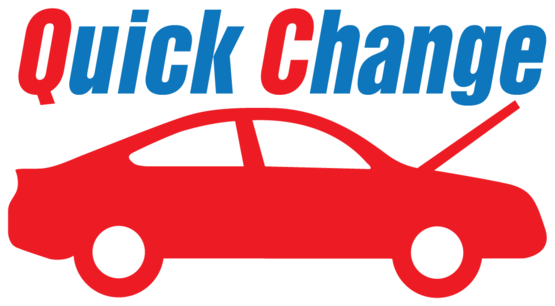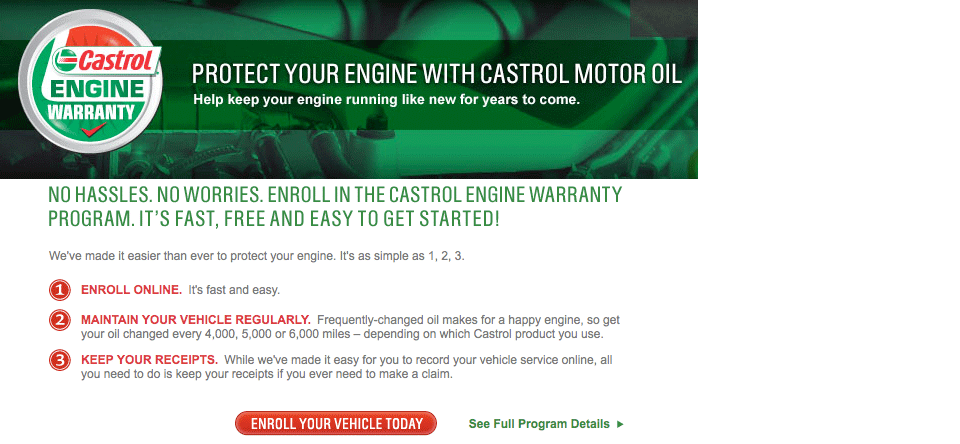Your Vehicle's Warranty
QUICKCHANGE WARRANTS
ALL WORKMANSHIP AGAINST FAILURE FOR NINETY (90) DAYS OR 3,000 MILES,
WHICHEVER COMES FIRST. This warranty does not apply when the customer
tampers with or alters the Center's products or alters manufacturer's
original equipment or when corrective action is taken WITHOUT PRIOR
APPROVAL from QUICKCHANGE. The customer must have the vehicles invoice
to support a claim and must call QUICKCHANGE to report the claim.
If
there is a failure in your engine's lubricating system, the engine
warning light will go on or the oil pressure gauge will drop below the
normal zone. In either event SHUT OFF THE ENGINE and come to an
immediate stop. Do not restart the engine until the cause of the problem
is located and corrected. Driving the vehicle in these circumstances
can cause unnecessary damage to the engine and the customer would be
responsible for all damage and costs incurred.
NOTE:
This warranty does not cover loss time, inconvenience, loss of use of
the vehicle, or other incidental consequential damages. This warranty is
given in lieu of any other express or implied warranty.
QUICKCHANGE
does not add brake fluid. Auto manufacturers recommend that your brake
system be checked for wear and leaks if your fluid is low.
You Don't Have to Take the Vehicle to the Dealer to Maintain Your Warranty.
New
and used car dealers are notorious for their claims that only then can
warranty work on the cars or trucks that they sell. Some have gone so
far as to state that a warranty will be rendered invalid if anyone other
than the dealers service department does the work, of if any other
product other than a dealer product is used.
This
practice was one of a number of questionable tactics that led to the
enactment of the Magnuson- Moss warranty act in 1975. This act is a
component of the Federal Trade Commissions Improvement Act, and was
passed in an effort to improve the adequacy of the information available
to consumers, to prevent deception, and improve competition. It
mandates disclosure designed to enhance consumer protection through
awareness of implied and expressed warranties attached to products and
services.
"No warrantor of a consumer product may condition his written or implied warranty on such product on the consumer's using in connection with such product, any article or service ( other than articles or services provided with out charge under the terms of the warranty) which is defined by brand, trade or corporate name.









